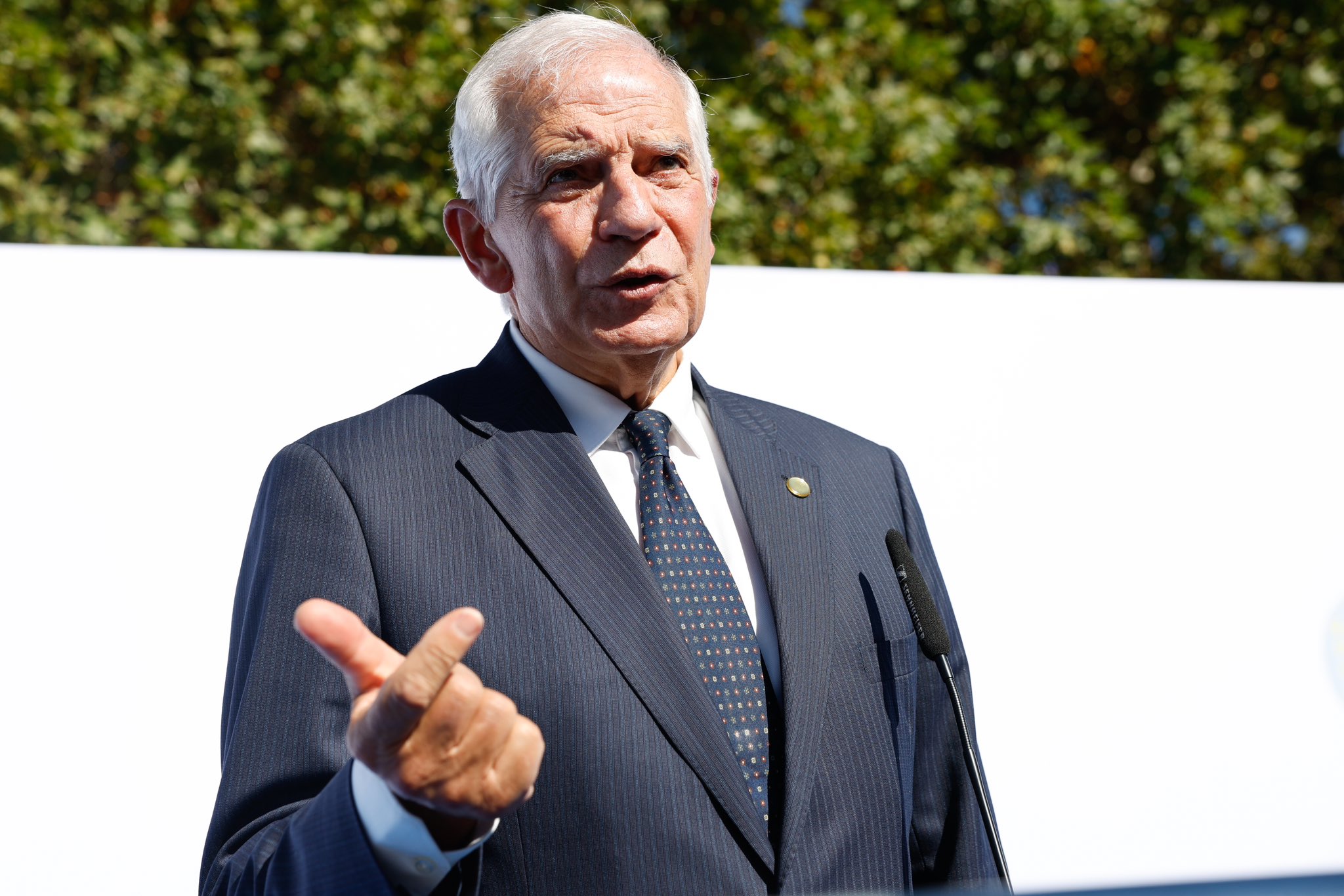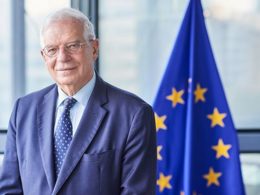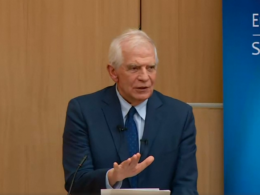The European Union’s top diplomat, Josep Borrell, issued a stark warning on Tuesday, stating that a full-scale war in the whole of Europe is “no longer a fantasy.” In a speech at an economic forum in Brussels, Borrell emphasized the need for Europeans to find new ways to financially prepare for a potentially wider war on the continent.
“War is certainly looming around us (…), and a high-intensity, conventional war in Europe is no longer a fantasy,” Borrell said. He added that Russia poses a threat to Europe through its war against Ukraine and hybrid attacks on EU member states.
“It [the war] is not going to start tomorrow, but we cannot deny reality,” he stated, marking his most explicit comments to date on the matter.
Borrell’s remarks follow recent warnings from several European military chiefs about Russia potentially trying to undermine NATO in the coming decade. Since Russia’s invasion of Ukraine in 2022, Europeans have reversed decades of defense spending cuts and have begun to enhance their defense industrial production capacity.
However, Borrell noted that efforts to increase weapons deliveries to Ukraine and re-arm domestic military forces in Europe have been slow to gain traction. He highlighted the challenge of financing future defense investments, saying, “EU member states created a [European] Defence Agency but did not finance it.”
With Europe’s security situation being an “existential crisis,” Borrell criticized the lack of urgency in finding new ways to ramp up defense investment. “We need a new intergovernmental financing vehicle (…) comparable to the one that we created during the [eurozone] financial crisis,” he proposed.
Some EU leaders, led by Estonia, have advocated for raising financing through more common debt via joint defense bonds. Other suggestions include transferring revenues from frozen Russian assets in Europe into the European Peace Facility (EPF) or loosening the bloc’s rules to allow the EU’s budget to fund weapons.
In March, EU leaders also urged the European Investment Bank (EIB) to adapt its policy for lending to the defense industry and its current definition of dual-use goods. However, these efforts are generally seen as insufficient to meet the anticipated need for increased defense spending.
Borrell also addressed concerns among Europeans about the potential return of former US President Donald Trump, who has threatened not to defend NATO allies in Europe that do not spend enough on defense.
“The US umbrella, which we have relied on since the Cold War, may not be open all the time,” he warned. “Maybe, depending on who is ruling Washington, we cannot rely on America to protect us.”
He concluded by noting that “Within an alliance, the priorities for individual members may change,” underscoring the need for Europe to bolster its own defense capabilities.
Earlier, Borrell has emphasized the need for a paradigm shift from supporting Ukraine “as long as it takes” to committing to support Ukraine “whatever it takes” to achieve victory. This includes providing military support, ammunition, and acknowledging the importance of Ukraine’s future integration into the EU.
The EU has unveiled a new strategy aimed at boosting the bloc’s defense industrial base and military preparedness in light of Russia’s war against Ukraine and rising geopolitical tensions. This strategy calls for increasing joint arms procurement between EU member states and setting up a Defense Industrial Readiness Board to identify collaborative purchasing opportunities.
Related:
- No sense in talking to Russia, Europe must support Ukraine, French FM says
- Russo-Ukrainian war, day 775: EU trade limitations could cost Ukraine €331 million; Russian airstrikes claim civilian lives
- Ukraine further integrates into European transport network
- Russo-Ukrainian war, day 749: EU unblocks €5 billion for Ukraine’s military aid fund after weeks of disagreement
- EU unveils strategy to get “defense ready” amid Ukraine war
- Macron: peace in Europe requires preparation for war








